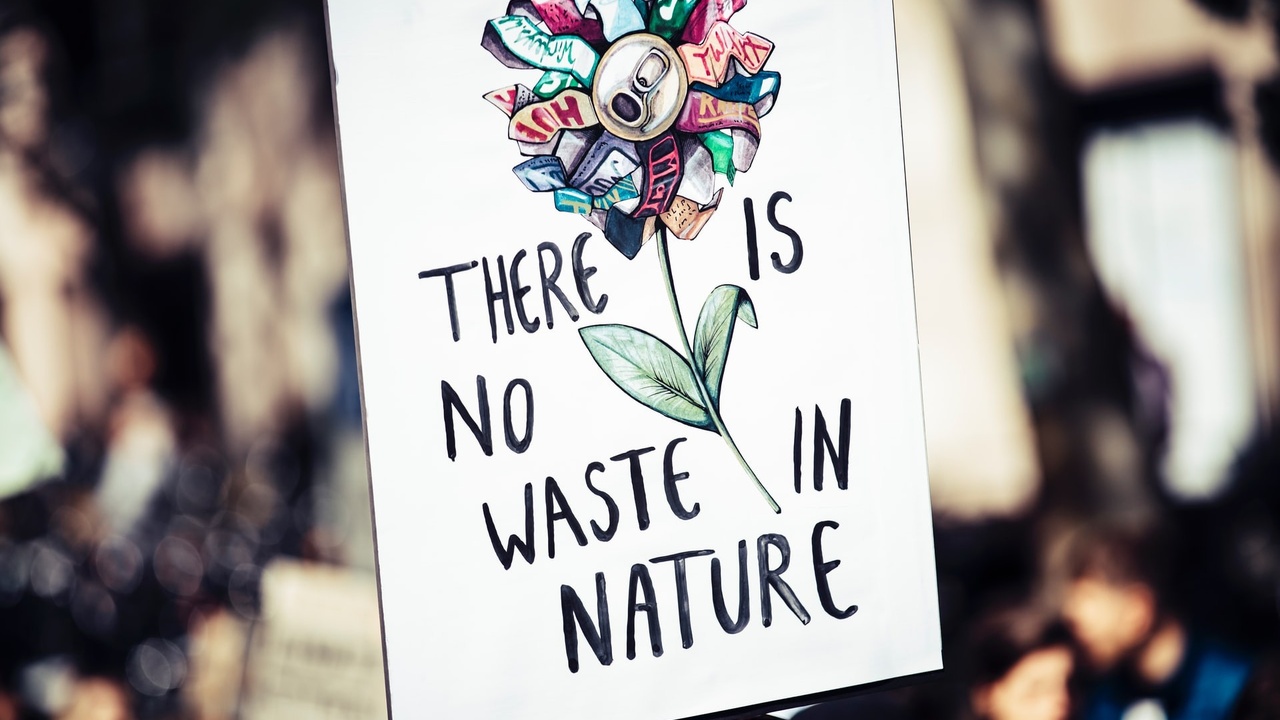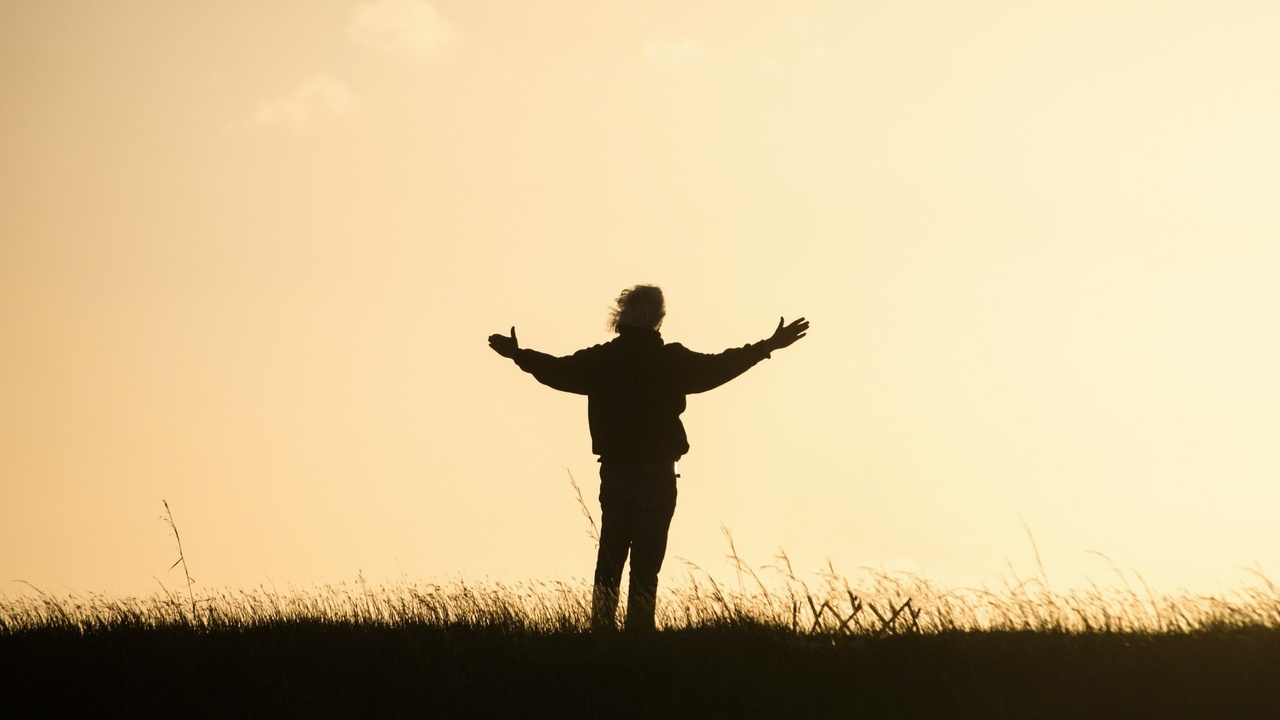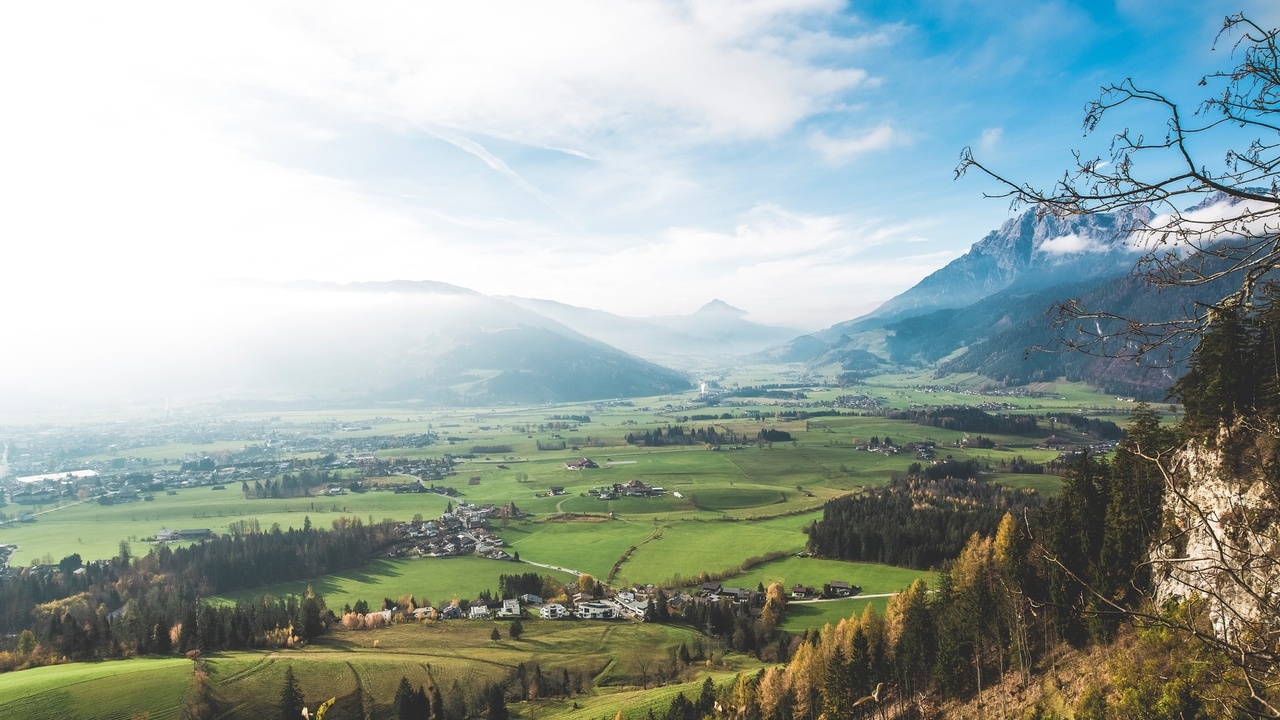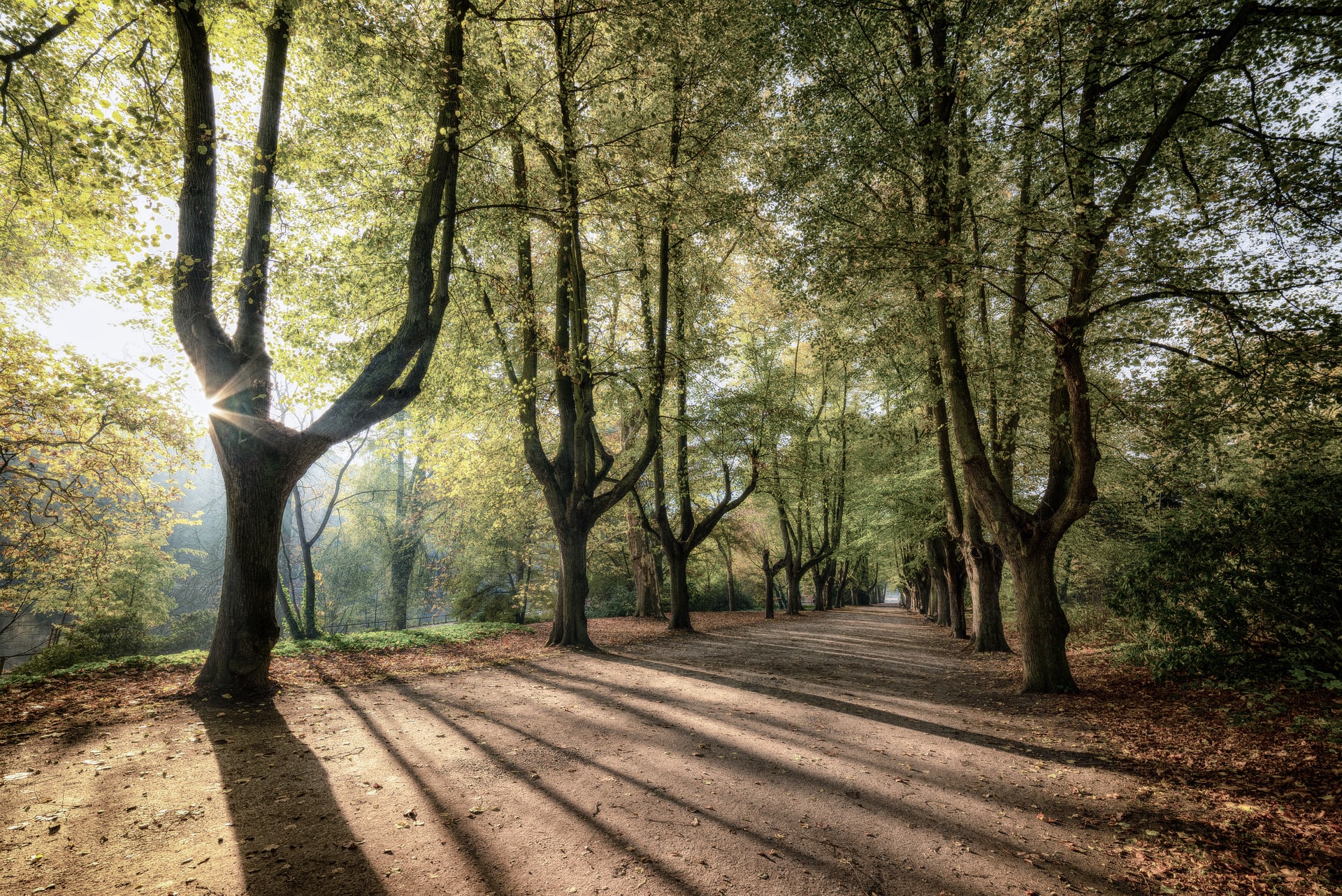Sustainable wellbeing and green living
Let's find ways to Flourish!
What does a sustainable economy look like?

Sustainability is often defined as the ability to meet the needs of the present without compromising the ability to meet the needs of future generations. Typically, sustainability is made up of three pillars: social, environmental, and economic. In other words, sustainability takes into account people, the planet, and profit.
The environmental pillar tends to get a lot of attention when it comes to discussions surrounding sustainability. While this topic is undoubtedly important, it is useful to look at the economic side of things as well! Let’s take a closer look at the economic pillar of sustainability.
Issues with the current linear economy
We are currently operating in a linear economy. That means that consumption follows a linear process referred to as the ‘take-make-waste’ approach.
Take – When there is a high demand for consumer products, supplies such as non-renewable and natural resources get depleted at an alarming rate in order to keep up with demand. And we know that ex...
Want to contribute to Citizen Science?

Science lovers are everywhere! You don’t need a degree in science to know that you love learning, looking at data, and contributing to our collective knowledge about the natural world. Whether your interest in science stems from your desire to know more about the world around you, the intellectual challenges it provides, or educating the children around you, there are ways that you can be a part of scientific research!

It is not uncommon for individuals to believe that there is no space for ordinary citizens when it comes to scientific research. This is not the case! The truth is that you -don’t- have to have a PhD in order to participate in scientific research. Whether you are interested in learning about the ecosystem function of a specific species or the impacts of pollution on water bodies, there is a way that you can collaborate with scientists and researchers in order to gather important data and make a difference in the scientific community! Through citizen science projects t...
Wellbeing and Ourselves

We live in a fast paced, often tumultuous society in which we are confronted with new problems and stressors on a near daily basis. Whether it be challenges we face at work, conflicts with family or friends, or much larger scale issues like the climate crisis, it is easy to become overwhelmed and feel helpless.
It can be difficult to comprehend the effects these challenges have on us and our feelings. They can cause us to feel stressed, anxious and unfulfilled in our relationships with ourselves, our loved ones and our surroundings. It is understandable that we are often left thinking “What I am missing? There must be something more.”
Wellbeing
The wellbeing model integrates multiple aspects of our lives, promoting a more holistic approach to leading a fulfilling life. As opposed to being a state of mind or a response to stimuli, wellbeing is a much broader concept of what it means to flourish, and what is necessary to allow us to do so.
Wellbeing has value in itself and asks not ...
The importance of small wins in the action pyramid

Don't get me wrong, I love well-integrated initiatives that create lasting change, but what I see ALL THE TIME are people struggling with knowing what action to take - and that leads to inaction, or too many projects started and nothing finished. Without finishing and realizing the end goal, we deprive ourselves and the world of the benefits of these initiatives.
A time and a place
So, there is a time and a place for well-defined, small concise projects that realize their modest little goals - and get the win! These small wins are actually vital in realizing larger goals. They provide us with momentum, and a sense of accomplishment, individually and collectively. And they can be really useful as demonstration projects that set us up for success when it comes to larger projects.
I like to think of these small wins as being the base of the Action Pyramid. They are at the bottom because there are lots of them, they are easy to achieve, accessible, and they save money and even time and ...
Rethinking E-waste

Sure, we want to do what is right when it comes to recycling and disposal of our electronics, but for many people, electronics recycling can be a bit of a grey area. It’s hard to know exactly what to do with your e-waste or outdated electronics. That's why so many people find they have a drawer or box full of old electronics that they haven't quite figured out what to do with.
So, here is my quick guide to help you find the best way to manage your e-waste responsibly.
E-waste 101
First, let's just cover off what we mean when we are talking about e-waste. E-waste, or Electronic waste, is electronic equipment that is no longer wanted or no longer works. When electronic devices have reached the end of their useful life, for us, they become electronic waste. But, that doesn't mean they are no longer useful!
Keep these devices out of the landfill!
Sending your electronic waste to the landfill can cause serious environmental harm. Most electronic devices contain toxic heavy metals such...
Beyond less bad using Cradle to Cradle

So many of the so-called sustainable living ideas and suggestions really only scratch the surface. They are superficial ideas that only slightly stall the inevitable linear model of resource extraction - material goods - waste. Even the feel-good efforts of making fleece jackets out of recycled pop bottles only slightly delays that plastic's inevitable fate of becoming waste and ending up in the landfill.
That's where solutions that create systems-level change come in as important real fixes for the systems that aren't working. Cradle to Cradle is one of these concepts that bring our human-made systems into alignment with natural systems by mimicking the natural world.
The origins of Cradle to Cradle
The ‘Cradle to Cradle’ concept was coined by Michael Braungart and William McDonough and is discussed in detail in their book ‘Cradle to Cradle: Remaking the Way We Make Things’ published in 2002.
In short, the Cradle to Cradle concept is a reinvigorated way of looking at our lifecycl...
The simple way to enhance your life

“Joy does not simply happen to us. We have to choose joy and keep choosing it every day.” - Henri Nouwen
The practice of gratitude has proven to have a substantial impact on the wellbeing and happiness of individuals who consistently express thankfulness for the things and people in their lives, no matter how big or small.
It is important to keep in mind that nobody’s life is perfect. We all experience negative emotions and difficult circumstances but being able to acknowledge the things you are grateful for is an important part in helping you overcome your struggles and feel content with your life.
In fact, one of the best ways to identify your gratitude is by visualizing your life without the positive events that you have experienced. By imagining the absence of these events, you will be able to develop an even stronger appreciation that they did in fact occur and are present in your life.
How you can express gratitude
In expressing gratitude, you will be able to change your...
The Natural Step for strategic sustainability

"If we think systematically, we will stop asking, How much is nature worth? We will know that we are a piece of nature ourselves." - Karl-Henrik Robèrt, The Natural Step Founder
Want strategic sustainability in your organization? Use The Natural Step method.
The Natural Step is a global network of non-profit organizations with a collective vision of a sustainable society and a mission to facilitate this transition.
With partners in 54 countries, The Natural Step International is striving to transition towards a fully sustainable global society by taking actions to support ecological, social, and economic sustainability. It is a science-based holistic approach that encourages work across disciplines to plan effectively.
The Natural Step was founded in Sweden in 1989 by scientist Karl-Henrik Robert. Robert outlined 4 system conditions for the sustainability of human activities on earth.
These 4 conditions are the basis for the Natural Step mission, which also consists of a fram...
Green Investing and Banking 101

Something we tend to forget about when it comes to green living is our money. The money sitting in our bank accounts or investments may not seem to be a direct cause of greenhouse gas emissions, but the financial institutions we are associated with, as well as our financial investments really can have a large impact on the environment as well as social issues. For better or worse!
While there is no shortage of ways to actively lead an environmentally friendly life - opting for active transportation wherever possible, shopping local, being a part of the sharing economy, composting, zero-waste grocery stores - the list goes on and on. But what about the impact of your money - are your investments contributing to the very issues that have you worried for the future?

Getting Started with Green Investing
So, where do we get started? There are two basic considerations when delving into the issue of green investing. First, we can avoid polluting sectors and industries and second, we can ...
Getting the most out of your food choices

The natural world very directly impacts our physical, mental, and emotional health every single day, whether we realize it or not. And yet, it can be easy to forget about the deep connections we share with nature.
Sure, we know that clean air and clean water correlate directly with our health. But we rarely think deeper than that.
We also depend on trees, plants, and algae to produce the oxygen we breathe in and recycle the CO2 we breathe out. Carbon sinks such as wetlands and forests play an important role in mitigating the effects of pollution by drawing large amounts of carbon out of our atmosphere.

Healthy water systems do so much more than provide us with clean water. They transport nutrients, mitigate flooding, support local biodiversity, and work to remove toxins and waste from our surroundings.
These ecosystem services are of vital importance in our day-to-day lives.
Our bodies and our environment
On a much smaller scale, our relationship with our environment is reflec...

